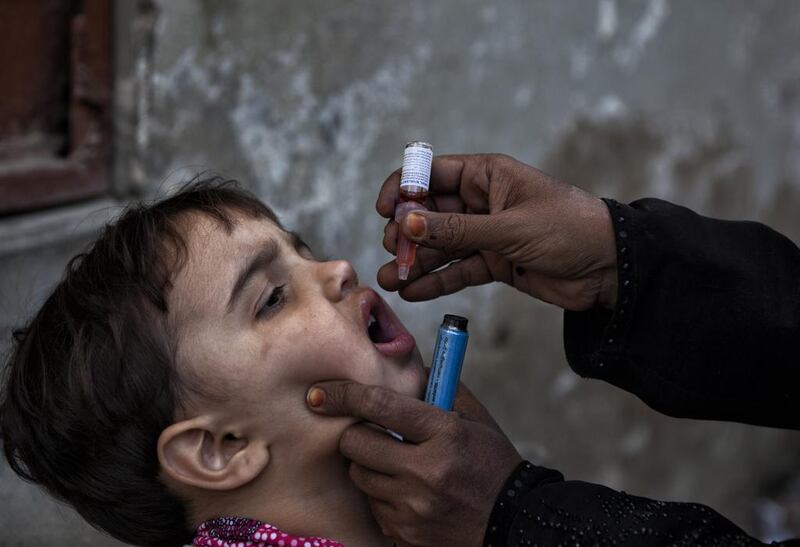The holy month of Ramadan is a time of charity and compassion. It’s a time to reflect on ways we can make ourselves better people, and think about how we can make a positive impact on the community. As Allah tells us in the Quran, fasting and charity bring out the best in us and grant us the best of rewards:
“For Muslim men and women, for believing men and women, for devout men and women, for true men and women, for men and women who are patient and constant, for men and women who humble themselves, for men and women who give in charity, for men and women who fast (and deny themselves), for men and women who guard their chastity, and for men and women who engage much in Allah’s praise, for them has Allah prepared forgiveness and great reward.” (Al-Ahzab: 35)
When we think of community, we tend to refer to those physically and emotionally closest to us – our family, friends, neighbours, and co-workers. However, Ramadan is the perfect time for us to broaden our perception of community. As the end of the holy month approaches, we hope that you also turn your prayers, compassion, and action to our brothers and sisters in Afghanistan, Pakistan, and Nigeria who remain at risk of contracting Poliomyelitis, more commonly referred to as polio.
After having affected hundreds of thousands of children in over a hundred countries across the globe in the past, Polio now only lurks in a few remaining pockets of those three countries. However, it can still have a terrible impact. Children living in those areas are still at risk from contracting the crippling disease, which can have a devastating effect on their futures. This tragedy is compounded by the fact that it is entirely preventable; the vaccine has been around for more than 60 years and is incredibly effective in preventing polio.
It is important to note that polio doesn’t just threaten children living in these countries. Until the disease is stopped for good, children everywhere are at risk. Particularly those living in places where access to immunization services is limited, or altogether barred, because of conflict and insecurity.
At the Islamic Advisory Group, we are dedicated to our principal goal of protecting the health, wellbeing and lives of children in the Muslim community and mankind at large. We are guided and inspired by the teachings of Islam as well as the principles and instructions furthered and instilled by the Prophet Mohammed – Allah’s peace and blessings be upon him. Any actions and behaviours deliberately or unconsciously compromising the health and welfare of children are strictly forbidden in Islam and explicitly proscribed in the Quran:
“They are losers who foolishly have slain their children without knowledge, and have forbidden that which Allah bestowed upon them, inventing a lie against Allah. They indeed have gone astray and are not guided” (Al-Anaam: 140).
Muslim nations of the world have taken the teachings of Islam to heart, and have played crucial roles in the journey to eradicate polio. Dedicated health workers on the front line in the endemic countries and in countries at risk of polio continue to strive to see the job done and their children protected.
Financial support from donor countries and their people are helping to accelerate their progress. The Gulf countries have generously supported the global polio eradication initiative and its activities.
However, there is more that we can do to help. We are so close to eradicating polio, and every little bit counts. Eradicating polio will not only help the children of Pakistan, Afghanistan, and Nigeria – it will protect everyone.
Dr Yagob Al Mazrou is chairman of the Islamic Advisory Group’s Executive Committee





